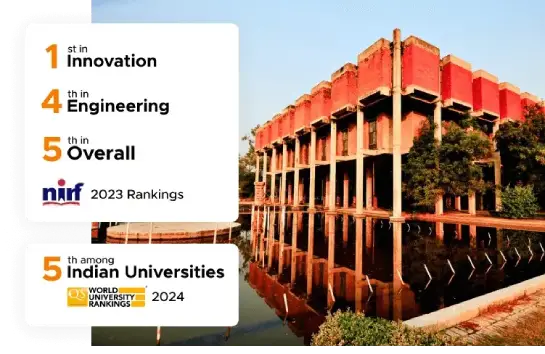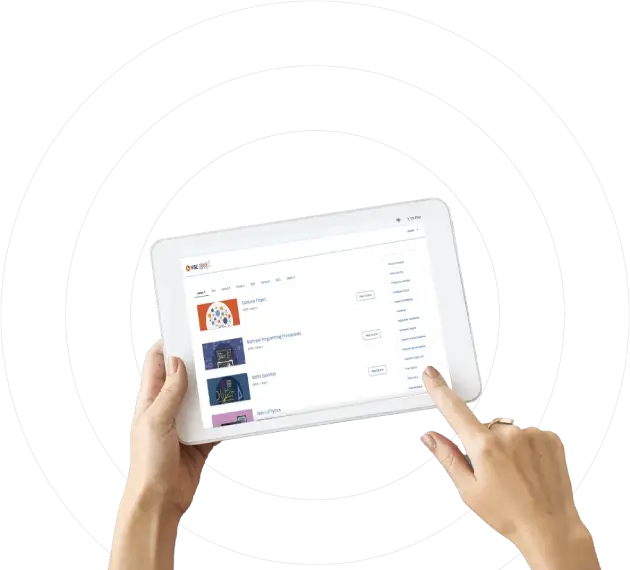e-Masters in Public Policy Overview
Previously named as Economics, Finance and Public Policy, Our comprehensive Masters in Public Policy program is designed to equip you with the knowledge, skills, and strategies needed to navigate the complex landscape of public policy and drive meaningful change.
Throughout this masters in public policy program, you will delve into a diverse array of subjects that are crucial for effective policy formulation, implementation, and evaluation. From mastering the intricacies of economic and financial data analysis to understanding game theory, pricing, and the global economy, you will gain a deep understanding of the factors that shape policy decisions.
Our expert faculty, composed of industry leaders and seasoned academics, will guide you through the exploration of topics such as applied macroeconomics, contemporary issues in the Indian economy, public finance, and machine learning applications in policy analysis. With a strong emphasis on practical learning, you will develop hands-on skills in program evaluation, probability, and stochastic systems, enabling you to make data-driven policy recommendations.
By the time you graduate, you will be armed with the expertise to address real-world challenges and drive evidence-based policy changes. Whether you aspire to work in government agencies, international organizations, think tanks, or the private sector, our Master's in Public Policy will empower you to shape policies that foster positive social, economic, and environmental outcomes. Join us and become a catalyst for change in the dynamic field of public policy.
Graduation Ceremony at IIT Kanpur Campus
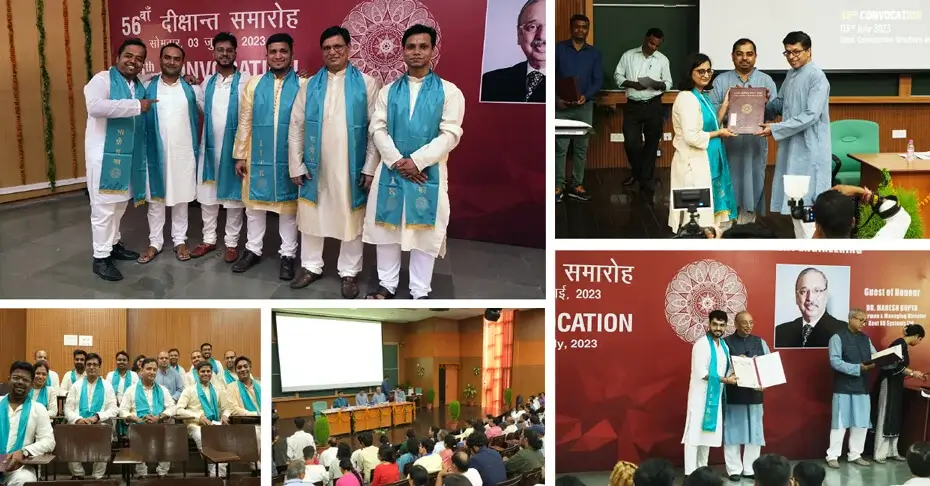



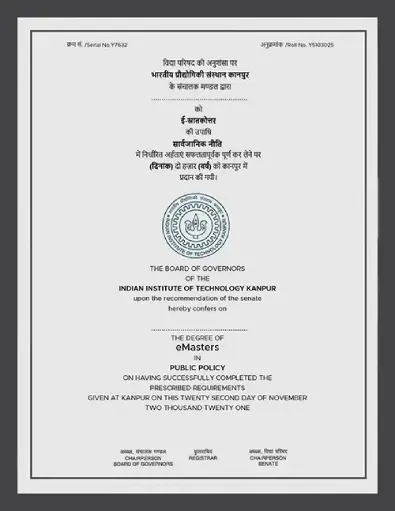
 Vimal Kumar
Vimal Kumar Bikramaditya Datta
Bikramaditya Datta Wasim Ahmad
Wasim Ahmad Aditya Jagannatham
Aditya Jagannatham Sohini Sahu
Sohini Sahu Sounak Thakur
Sounak Thakur Anurag Singh
Anurag Singh Abhijeet Chandra
Abhijeet Chandra Dr. Ajay Kumar
Dr. Ajay Kumar Live Interactive Sessions
Live Interactive Sessions Projects
Projects  Online Examination
Online Examination Campus Visit
Campus Visit
 Education loan avail from
Education loan avail from 
